Sanborn Casino Buyer Rejected by State Regulators

Embattled and indicted Concord Casino owner Andy Sanborn is learning the hard way that the house always wins.
Under a state order to sell his business before his gaming license is revoked, Sanborn’s lawyers claim the state has rejected his proposed buyer without good reason. This revelation came Friday as attorneys for Sanborn and the state tried to talk around the buyer’s rejection during an administrative law hearing before Hearing Officer Gregory Albert.
Any individual who buys Sanborn’s casino will need to pass a suitability determination process conducted by the state. Because the results of suitability determinations are not public, in order to protect the reputation of rejected buyers, neither side was able to say directly that the buyer was rejected. However, the rejection was obvious based on the context of the discussion.
Adam Katz, one of Sanborn’s lawyers, said the state is manipulating the case to prevent Sanborn from selling the business, has scared off multiple potential buyers, and has now rejected a qualified buyer based on errors.“The buyer is still trying to engage with the state on why their [suitability determination] letter is nonsense,” Katz said.
Assistant Attorney General Jessica King objected to any discussion that could reveal the result of the suitability determination, but acknowledged under questioning her office told the buyer there is no way to appeal the determination.
“There is no clear mechanism to appeal suitability in the law,” King said.
The buyer has no blemishes on his record and is someone no one could object to buying the casino. He was stopped from divulging the reason for the denial by King. King rejected Katz’s arguments that the state is interfering with the sale, telling Albert the Lottery Commission met with the buyer several times to go over the suitability determination process.
“This narrative the state is trying to obstruct and prevent this sale is false,” King said. “There is no evidence the state is actually trying to prevent anything.”
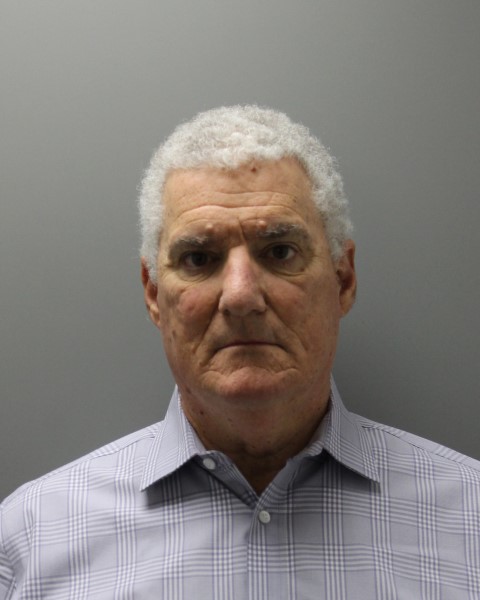
Last year, Administrative Hearing Officer Michael King ordered Sanborn to sell his business within six months after determining that the former Republican State senator obtained more than $800,000 in federal COVID relief funding he was not entitled to. Sanborn then used the money on improper purchases, such as prepaying his rent and buying sports cars.
Sanborn was indicted last month on state theft charges for allegedly inflating his revenue in order to qualify for state COVID funds, getting about $140,000 more than he was entitled to get.
Since the sale order was issued, Sanborn has been trying and failing to sell the business. He obtained an extension from Albert, who took over the administrative law end of the case this year after Michael King retired.
“[Sanborn] has been trying to sell and walk away for months. He wants to put this mess far in the rearview mirror,” Katz said.
Albert’s last extension, issued in September, allowed Sanborn 15 days to sell the business once the buyer had passed through the suitability process. Now that 15 days have passed since the buyer was rejected, the state says Snbiorn must lose his gaming license. The state also argues Albert overstepped his legal authority issuing the 15-day grace period.
Katz told Albert he does have the authority to issue an extension, since it allows Sanborn to comply with the original order to sell. Katz blamed the state for interfering with the sale and working against the original sale order.
“The point of [the original] order is to complete a sale quickly,” Katz said. “Mr. Sanborn clearly has worked to sell. The only problem is the chicanery from the state.”

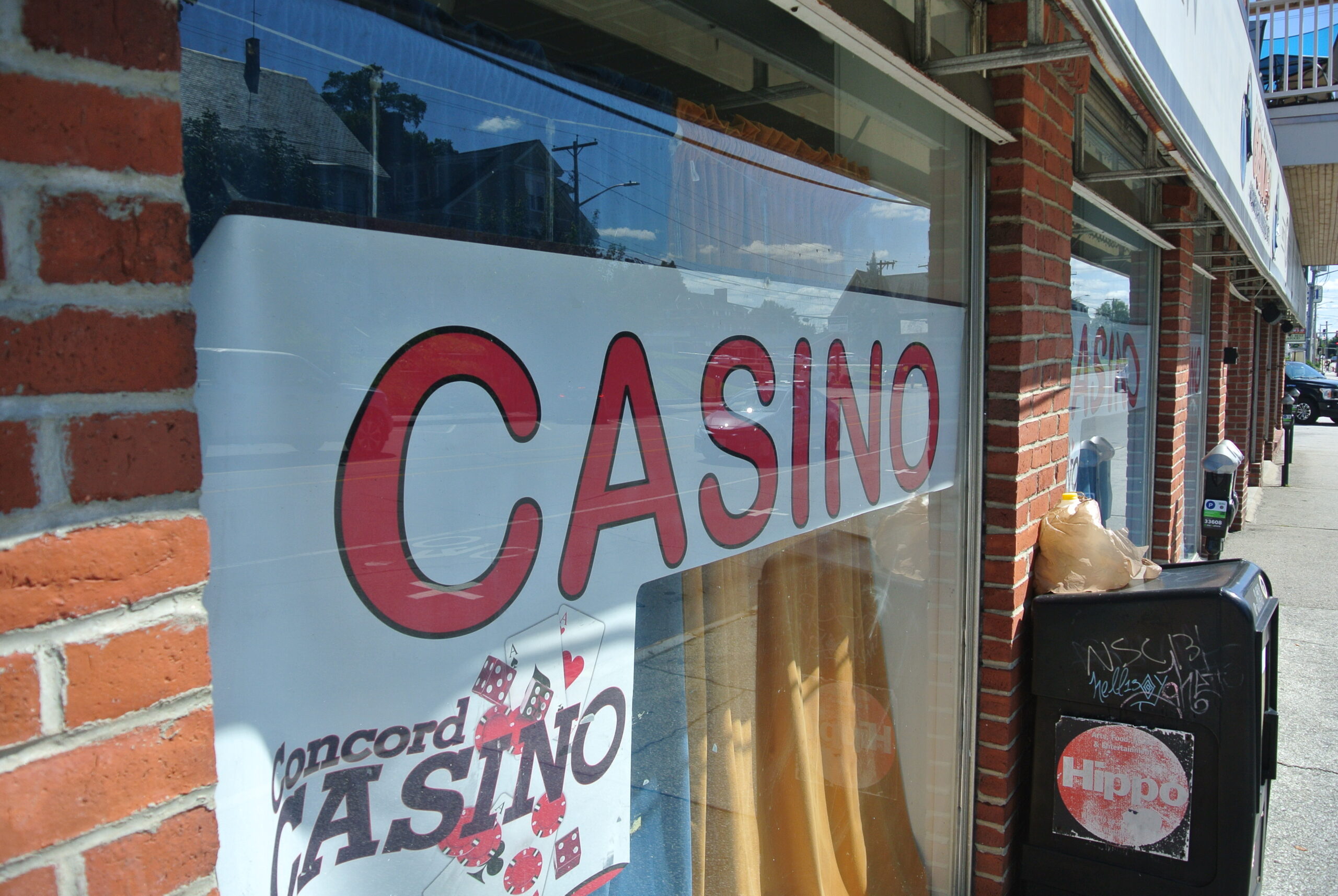

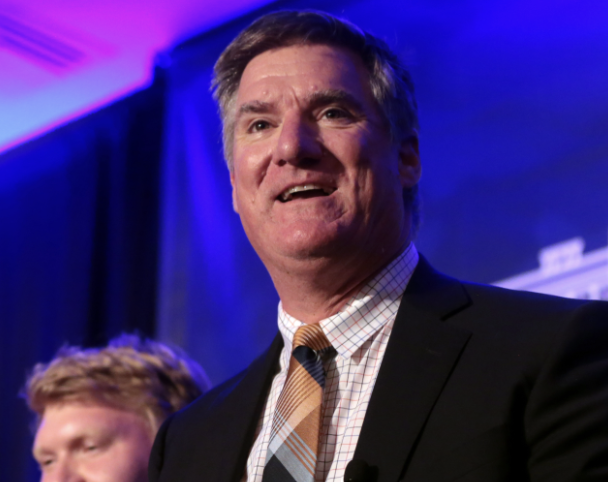

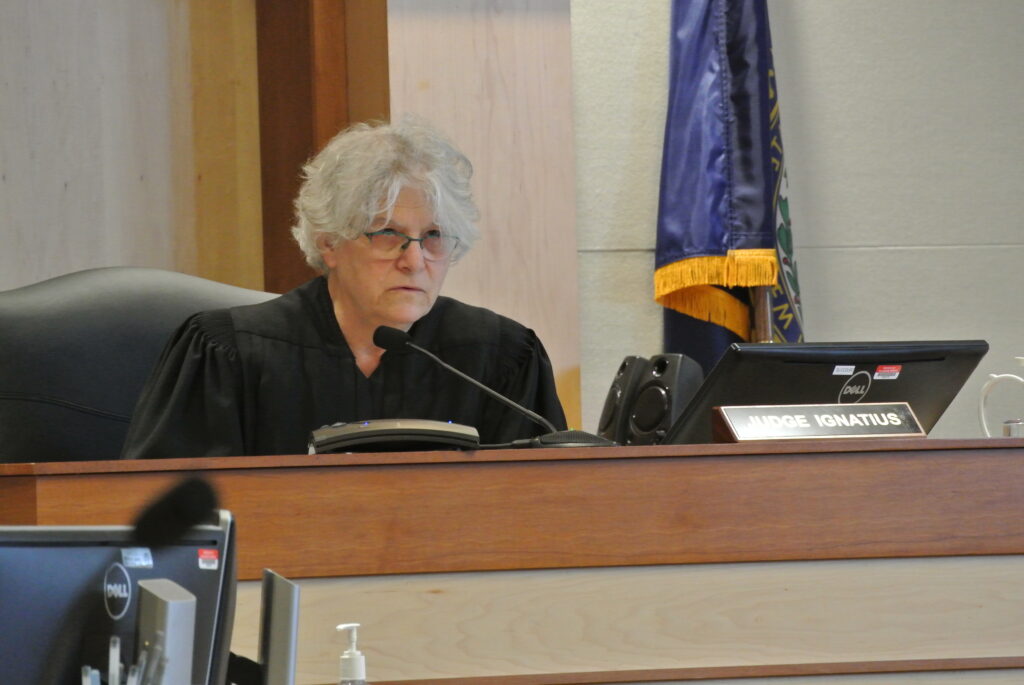
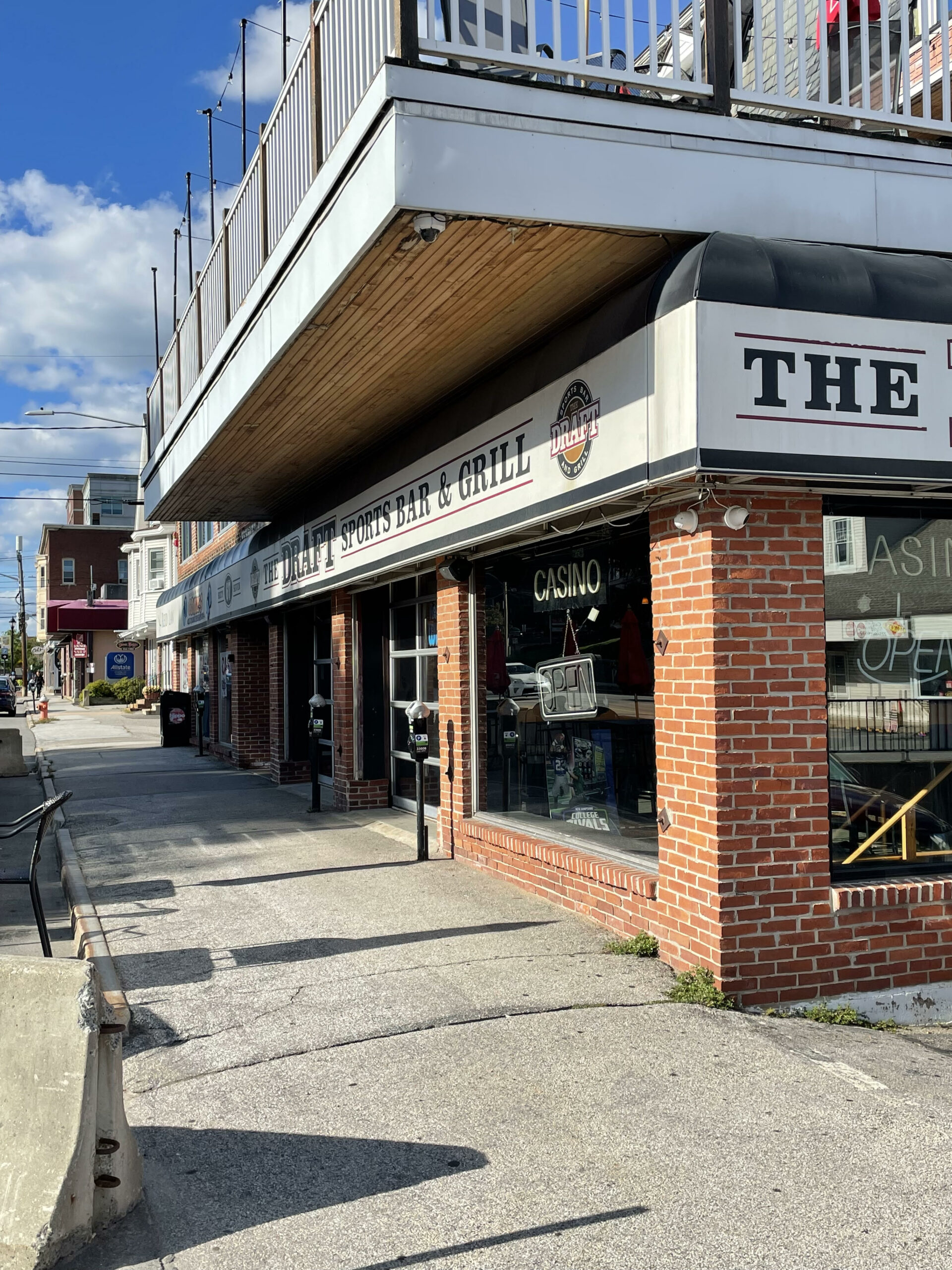 Sanborn is accused of misappropriating $844,000 in pandemic relief tax dollars while operating a casino at his Draft Sports Bar and Grill, which he owns along with his wife, state Rep. Laurie Sanborn (R-Bedford). The allegations against her business partner forced her to give up her position as chair of the
Sanborn is accused of misappropriating $844,000 in pandemic relief tax dollars while operating a casino at his Draft Sports Bar and Grill, which he owns along with his wife, state Rep. Laurie Sanborn (R-Bedford). The allegations against her business partner forced her to give up her position as chair of the 


